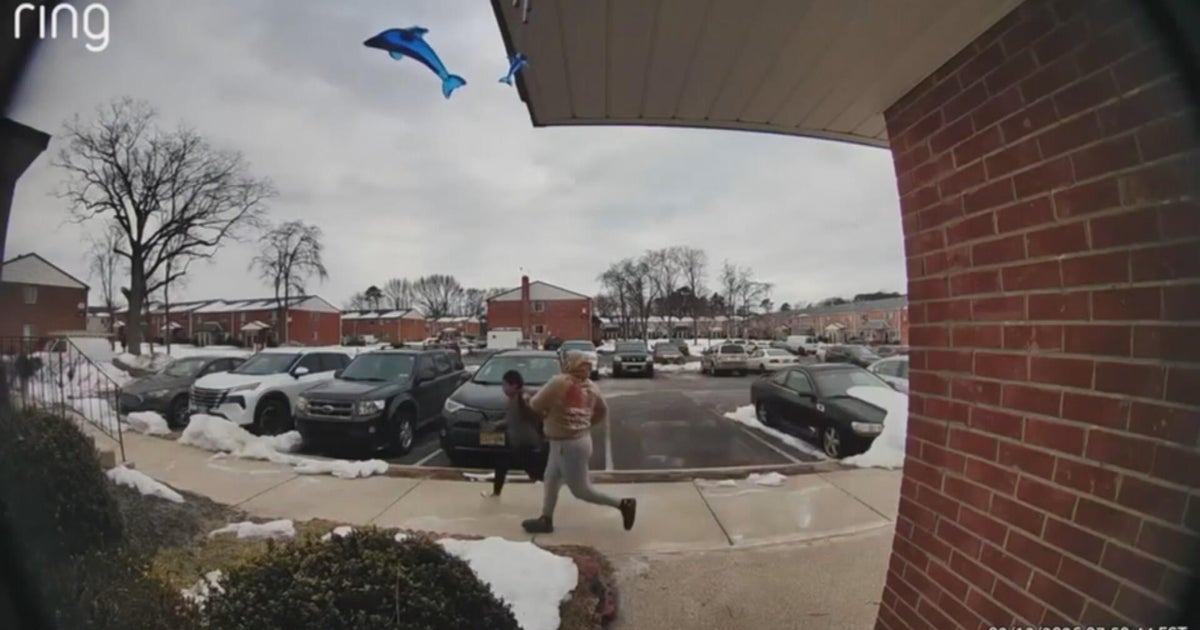Few DFW Schools Protect Against West Nile
DUNCANVILLE (CBSDFW.COM) - Whether it's football or band camp, back-to-school practices are already underway in many North Texas school districts. And while, typically, the heat is the only health related worry, 2012 is the summer that will be remembered for a record number of West Nile virus related infections. "Especially since it's not just the older citizens getting it," said L. Jay Patulea, a Duncanville mother of three. "Kids and middle-aged people have started coming down with West Nile, and it's just scary."
But, Patulea said, she was relieved to receive a letter from school officials, informing parents that the athletic fields had been treated with pesticide in an effort to kill the mosquitoes that carry the virus. Patulea's two sons will spend a lot of time on the field -- one is in band while the other plays football -- so she applauds the district's proactive approach. "It takes a little bit off, because the school district is caring enough to put in the money, put in the time to spray for the kids, to make sure that they're healthy when they're involved in extracurricular."
CBS 11 News contacted other large North Texas districts. All of those that responded -- including Dallas and Fort Worth schools -- said that they do not treat their athletic fields, preferring instead to have staffers police those fields to keep them free of standing water that allows the mosquitoes to flourish.
While the young, fit and healthy will have the most resistance to West Nile virus related infections, Dallas County health officials stress that young people are not immune. According to Dallas County medical director Dr. Christopher Perkins, patients as young as 8 years old have contracted West Nile this year. "We've had young individuals, whether pre-teen, teenagers, that have actually come down with West Nile fever or infection," said Dr. Perkins.
In fact, experts say, the physical activity involved in, say, football practice or marching band, may actually help attract the mosquitoes. "They're exerting themselves, so they're increasing their production of carbon dioxide, which is attractive to a mosquito. Also, they're sweating. They're producing lactic acid. Those are chemical signals to a mosquito that a meal might be in sight," said Dr. Perkins.
So, even with Duncanville treating their fields, Patulea said, she does not intend to take any chances with her two kids. She will still slather on the DEET. "Once they start practice in the evenings," she said, "you gotta protect the kids."
Also Check Out:







